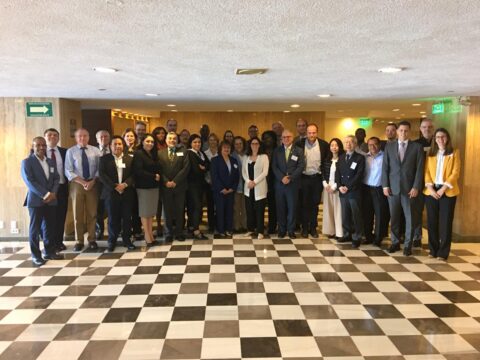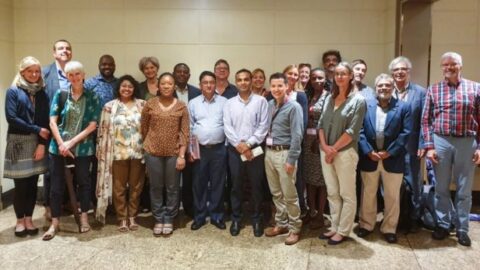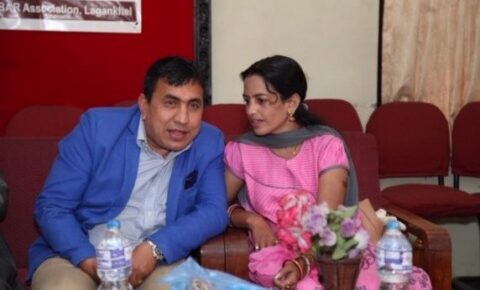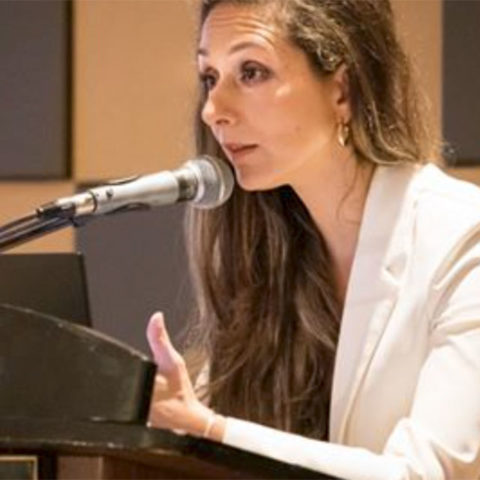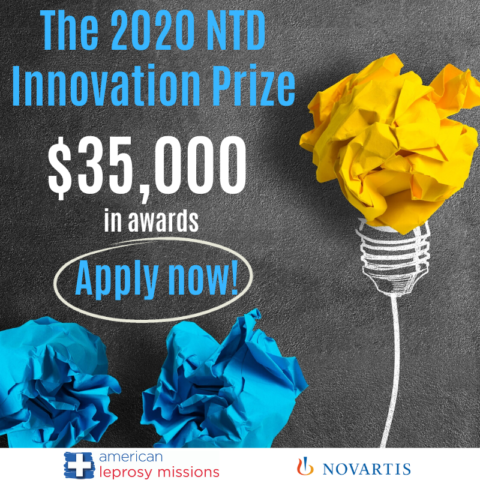
COVID-19 and leprosy
Paul Saunderson, chair of the ILEP Technical Commission, has been looking at lessons learned from the Ebola epidemic that could be applicable to leprosy endemic countries where COVID-19 is beginning to take hold.
As ILEP Members respond to the threat of COVID-19 in their home countries, they’re also starting to think about what it will mean for staff, patients and people affected by leprosy in endemic countries.
A 2014 paper from Sierra Leone shows the dramatic effects of Ebola on general health services. Admissions to health facilities for other conditions dropped 70% as the epidemic took hold, because of fear (by patients and health staff) and the closure of some facilities. Eight per cent of all medical doctors in the country died. It was predicted to be very difficult to get health services back to the levels before the epidemic.
A 2008 paper from DR Congo showcases lessons that can be applied to future lethal viral epidemics. The paper describes extreme fear by patients; psychological stress for health staff, which deepened as the epidemic progressed; isolation of health staff by their families and aggression from communities; and the emotional effects of frequent deaths of colleagues.
Finally, a 2015 article from Ghana when it was preparing for an epidemic that never came. The article highlights three major challenges: the impact of fear on the continuity of medical services; lack of protections for health staff; and confused messaging and lack of political leadership. Recommendations include establishing supplies and infrastructure for basic infection control, better protection, psychological care and health insurance for healthcare staff, and working with communities to make sure that accurate messages are being given about the disease.
We encourage readers to email their comments and any resources about the impact of COVID-19 on leprosy services.
